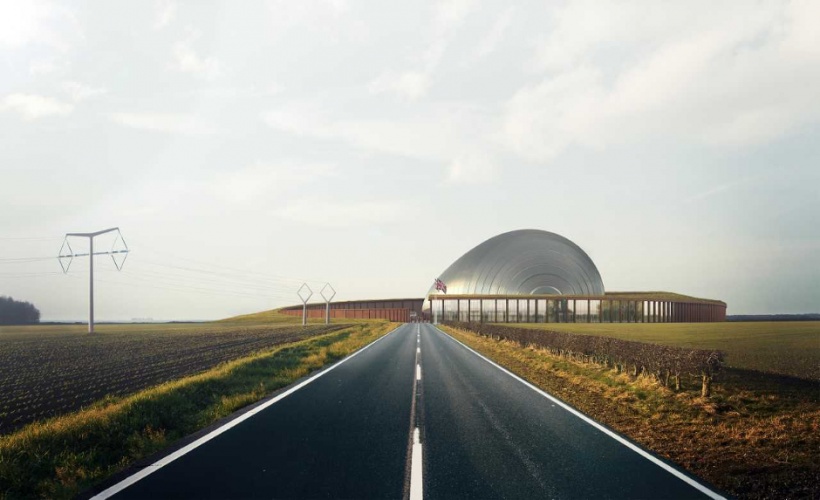
Led by Rolls-Royce, the consortium believes that up to 80 per cent of contracts to build SMR components could be fulfilled in factories in the Midlands and northern England, before being transported to existing nuclear sites for assembly inside weatherproof canopies.
Rapid reaction: small factory-built nuclear reactors could be delivered by lorry
Nuclear AMRC and Rolls-Royce confirm modular reactor collaboration
The consortium further claims that as well as a further 34,000 long-term jobs by the mid-2030s, the power stations will provide low carbon energy to produce net zero synthetic aviation fuels and hydrogen.
In a statement, Tom Samson, interim CEO of the UK SMR Consortium, said: “We have developed a manufacturing and assembly process that will make reliable, low carbon nuclear power affordable, deliverable and investable.
“By creating a factory-built power station that rolls off the assembly line we have radically reduced many construction risks associated with new nuclear power stations; and by using proven nuclear technology alongside standardised and simplified components, we make it much more cheaply.”
The UK SMR consortium is comprised of Assystem, Atkins, BAM Nuttall, Jacobs, Laing O’Rourke, National Nuclear Laboratory, Nuclear Advanced Manufacturing Research Centre, Rolls-Royce and TWI.
Samson, said: “The UK SMR Consortium presents the UK with a domestic nuclear energy solution for the first time in a generation, with a product that is engineered, designed and manufactured in the UK. This creates a unique opportunity to revitalise the UK’s industrial base and paves the way for the future commercialisation of advanced reactor solutions, including fusion technology.”
The first 440MW unit would be operating within 10 years of the first order, with factories producing two units per year thereafter.
The total export potential by 2050 is expected to be at least £250bn, which could lead to the creation of more UK jobs. Two new agreements have been announced this week: Exelon Generation has agreed to pursue the potential for it to operate SMRs in the UK and internationally, whilst CEZ in the Czech Republic has signed up to see how SMRs could be used in its domestic programme. Turkey is also said to be working through a feasibility study for domestic use, as well as possible joint power station production.





Glasgow trial explores AR cues for autonomous road safety
They've ploughed into a few vulnerable road users in the past. Making that less likely will make it spectacularly easy to stop the traffic for...